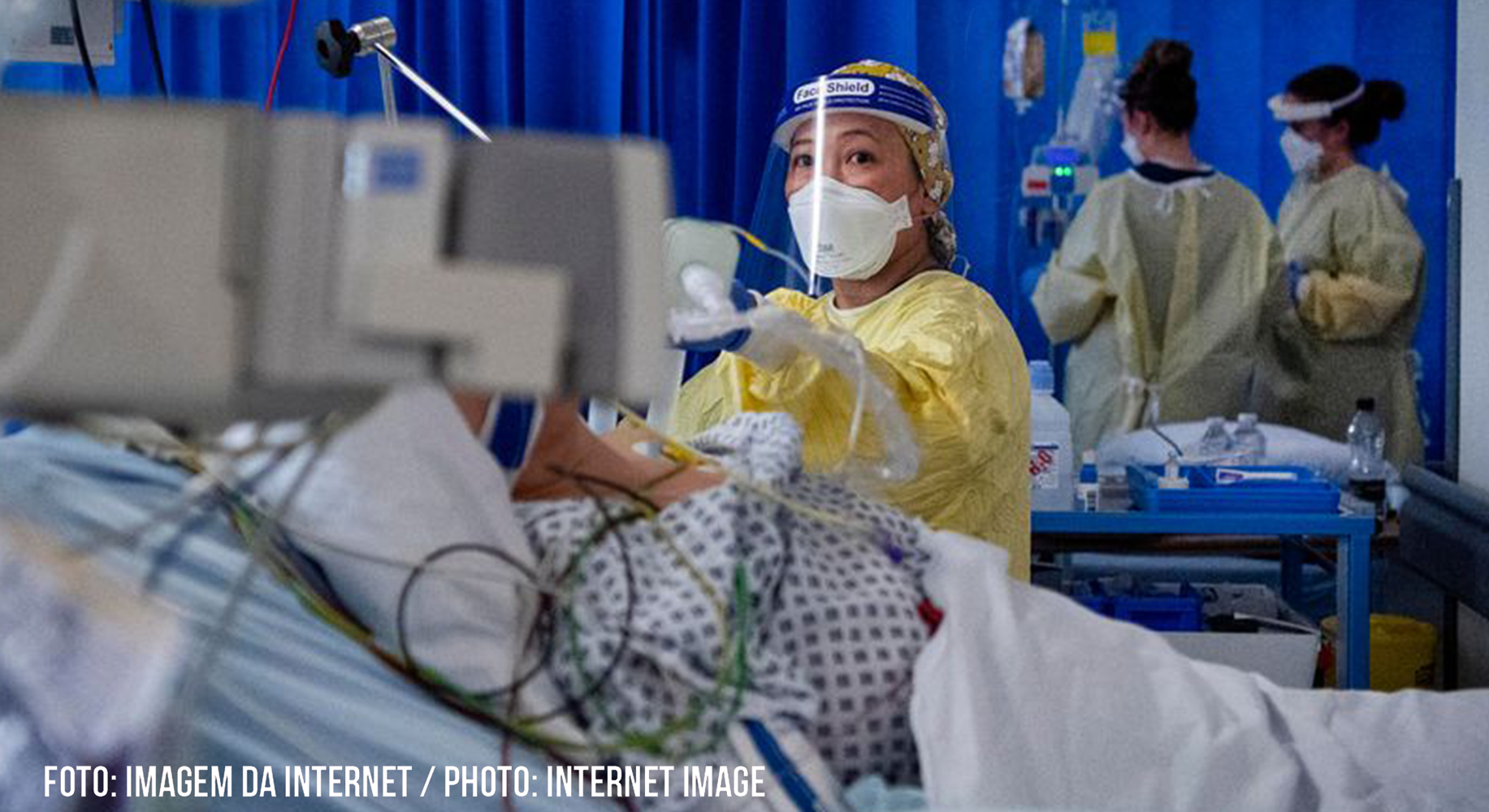
Research shows that IL-6 blockers used for rheumatoid arthritis reduce risk of death from COVID-19
In addition, patients who received tocilizumab or sarilumab recovered more quickly, leaving intensive care about 7 to 10 days earlier than those who received standard treatment
05/02/2021
The implementation of these treatments can significantly contribute to reducing pressure on hospitals. Until now, only dexamethasone and hydrocortisone were indicated for critically ill patients, in addition to ventilators
Researchers found that 2 drugs used to treat rheumatoid arthritis (tocilizumab and sarilumab) can help save the lives of one in every 12 patients who are in intensive care due to the severe stage of COVID-19. The results released in the study entitled “Interleukin-6 Receptor Antagonists in Critically Ill Patients with Covid-19 – Preliminary report”, published in medRxiv, indicate a 24% reduction in the risk of death. The data are from a clinical trial known as Remap-Cap (a multifactorial adaptive platform incorporated for community-acquired pneumonia), involving more than 3.900 patients with COVID-19 in 15 countries. The team also found that those who received tocilizumab or sarilumab recovered more quickly, leaving intensive therapy about 7 to 10 days earlier than those who received standard treatment.
According to the research, hospital mortality for patients who received standard treatment was 35.8% (142 of 397), while for those who were treated with tocilizumab it was 28% (98 of 350) and with sarilumab was 22.2% (10 out of 45). The combination of results for the two drugs resulted in a hospital mortality of 27.3% (108 out of 395) – a drop of 8.5 percentage points in the absolute risk of death, or a relative reduction of 24% compared to the group that received standard treatment.
The NHS, the UKs national health service, started using tocilizumab to treat patients with coronavirus as of January 08 The decision to use the drug came after test results on about 800 patients confirmed that the drug has benefits, reducing the risk of death by 24%.
To learn more about the subject, the Communication Office of the Brazilian Society of Tropical Medicine (SBMT), interviewed Dr. Anthony C. Gordon, the main investigator in the study.
Check the interview in full:
SBMT: Do you think that it is already time to include anti-IL6 therapies (particularly anti-IL-6 receptor) in routine care for these patients?
Dr. Anthony C. Gordon: We have shown a clear beneficial effect (improved survival and quicker recovery) of these treatments in a large trial of critically ill patients with COVID requiring respiratory support in intensive care. Therefore I think it doctors should consider using these treatments if looking after similar patients
SBMT: How the prices of the two drugs compare? Do you have notices that the drugs are largely available for the world supply, by Roche and Sanovi?
Dr. Anthony C. Gordon: They are similar prices. I don’t know about global drug supply.
SBMT: Do you think that the main actor of SARS-CoV-2 pathogenesis is hyper inflammation? How do you think IL-6 acts in COVID-19?
Dr. Anthony C. Gordon: IL-6 is a key inflammatory cytokine in many inflammatory conditions. It seems to similarly play a key role in COVID-19 driving much of the inflammatory response in the lung. It is likely that there are other cytokines that are important and so other similar drugs may be important to evaluate in clinical trials.
SBMT: CRP is a marker of acute-phase response and has no known major pathogenic role. However, do you think this molecule has some action on the pathogenesis of COVID-19?
Dr. Anthony C. Gordon: I don’t know if we know it is pathogenic or just a marker of the inflammatory response.
SBMT: Some tropical diseases like severe malaria, dengue, Ebola, kala-azar, and others show evidence of hyper inflammation. Is it time to start trials with IL-6 receptor antagonists?
Dr. Anthony C. Gordon: Possibly, but we must select the right patients. I don’t look after patients with these tropical diseases but I suspect it will only be those patients with a hyperinflammatory response that might benefit. Future trials should consider this carefully.
SBMT: Do you already have the results with anti-IL1 (Anakinra) for COVID-19 as part of the REMAP-CAP studies?
Dr. Anthony C. Gordon: We do not have the results from anakinra yet.
SBMT: How does the findings for anti-IL-6 receptor relates with the impressive recent findings colchicine benefits for COVID-19?
Dr. Anthony C. Gordon: I have only seen early results from colchicine and it was in a very different population. I think different drugs have different roles in different groups of patients.










